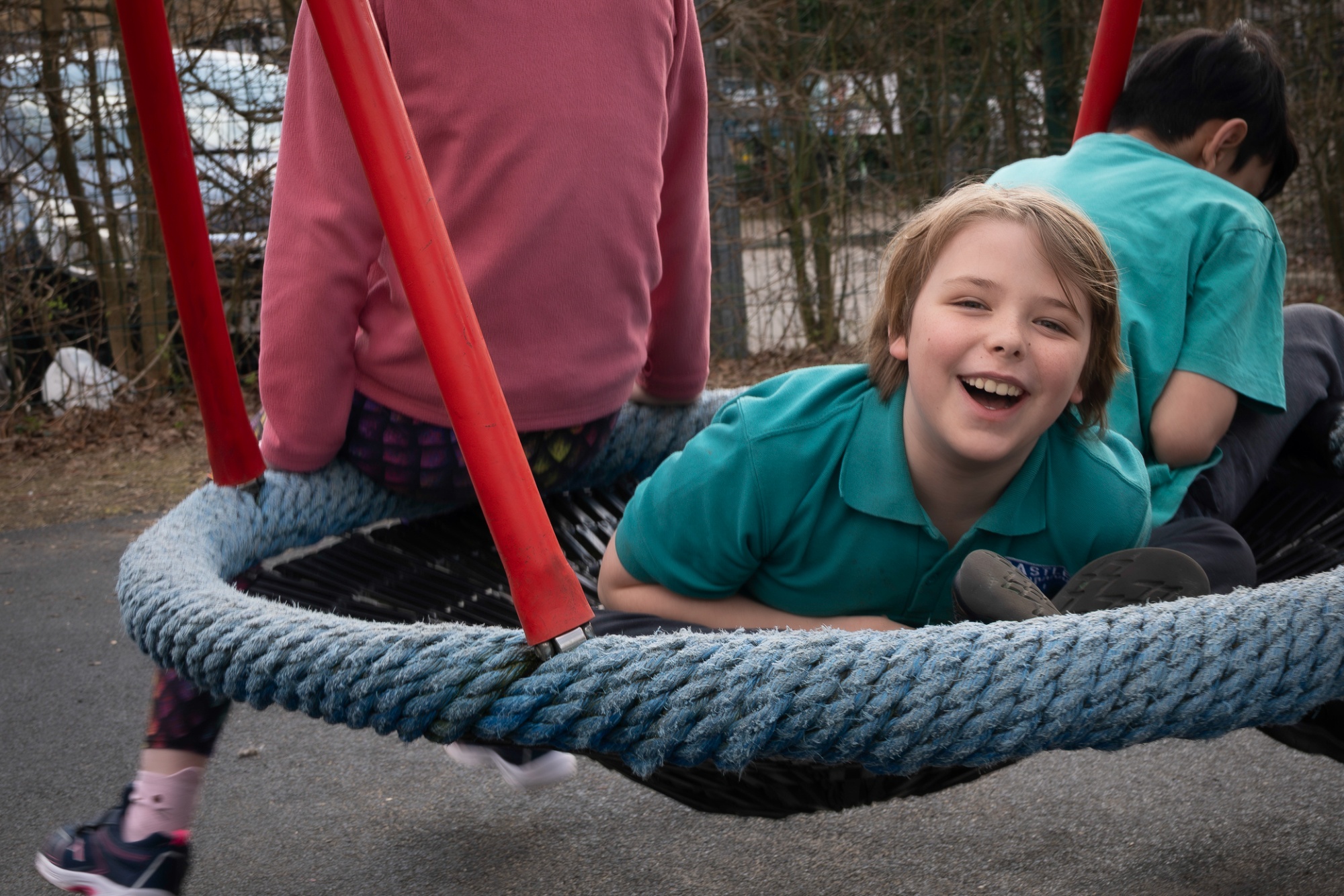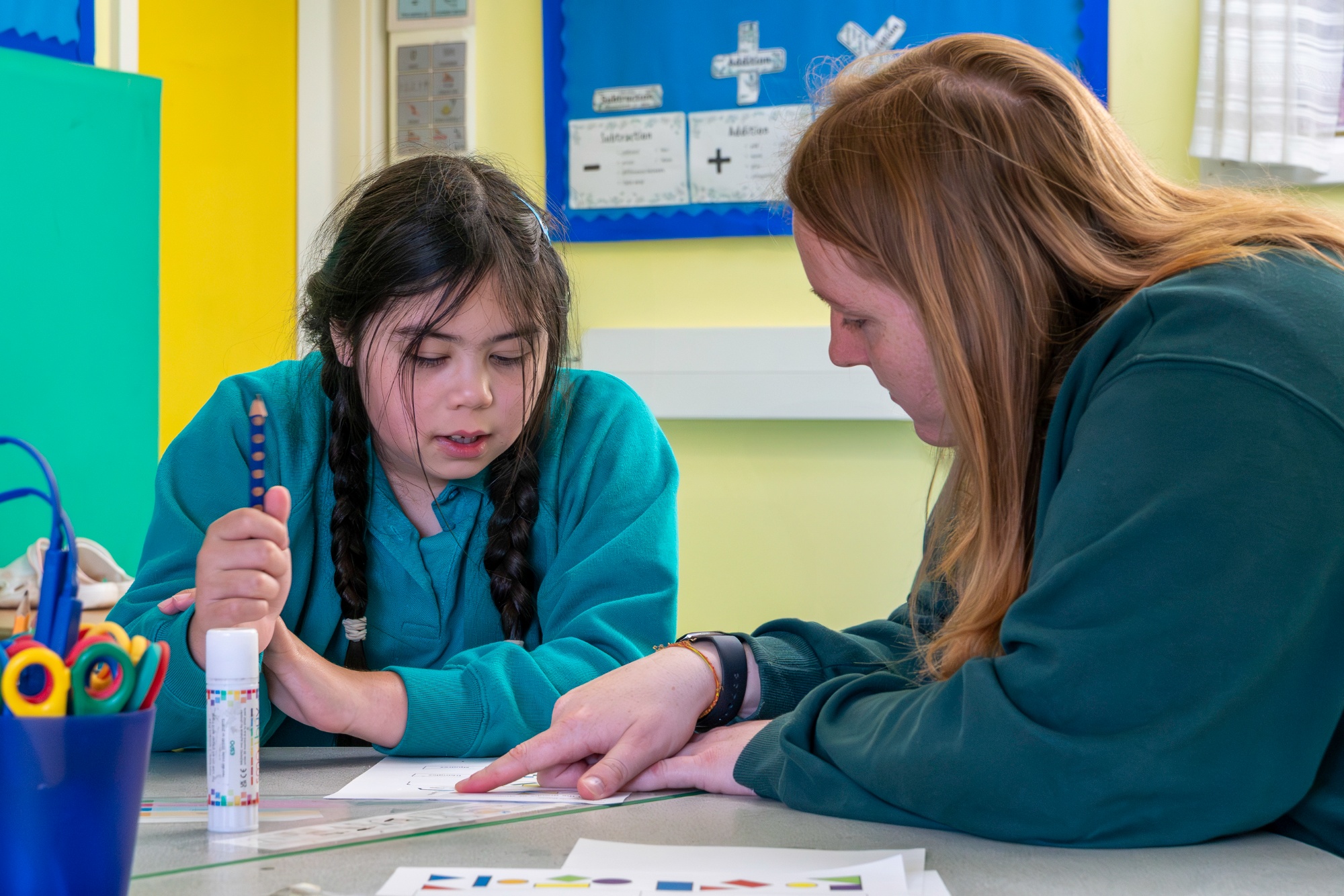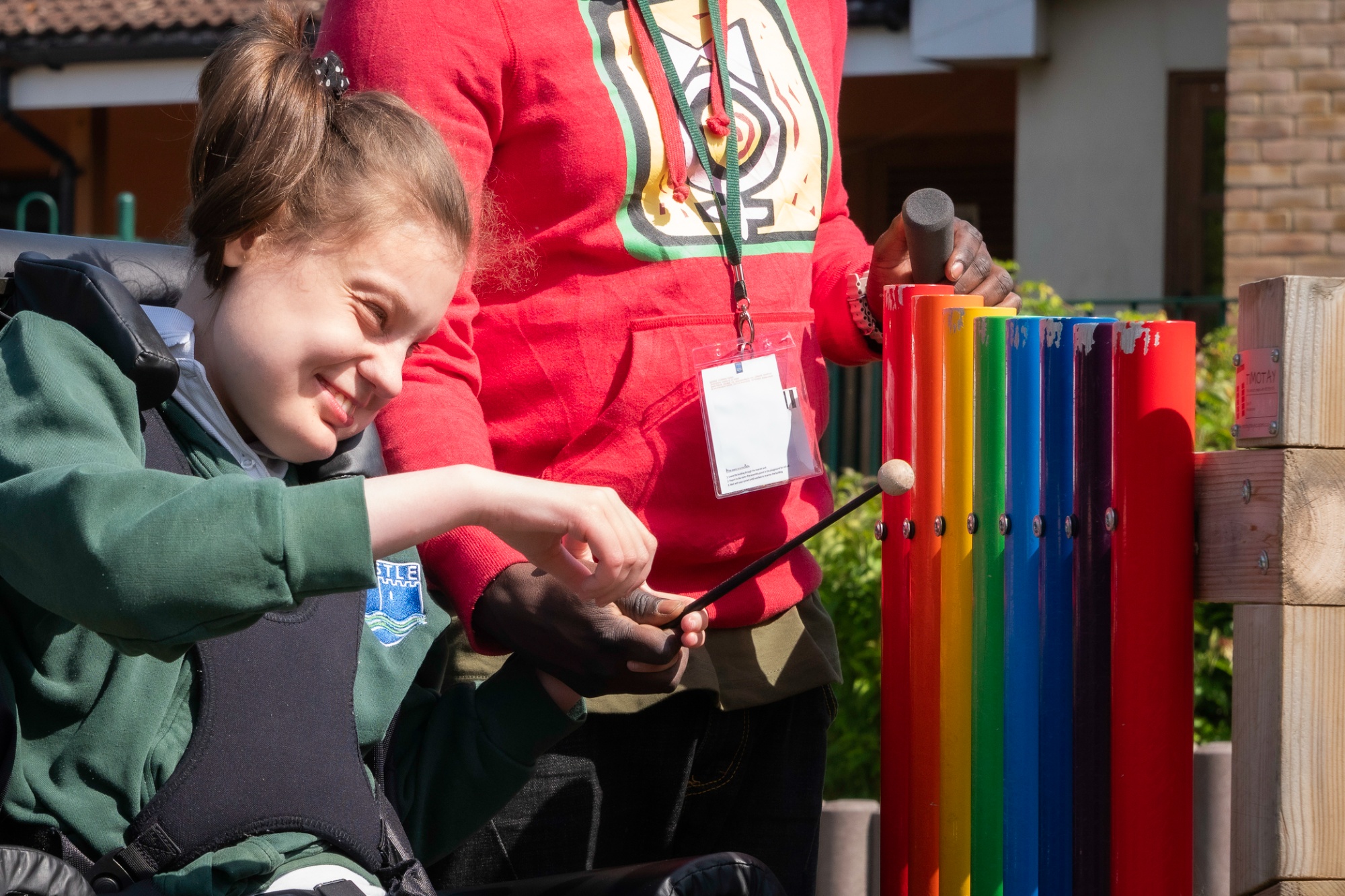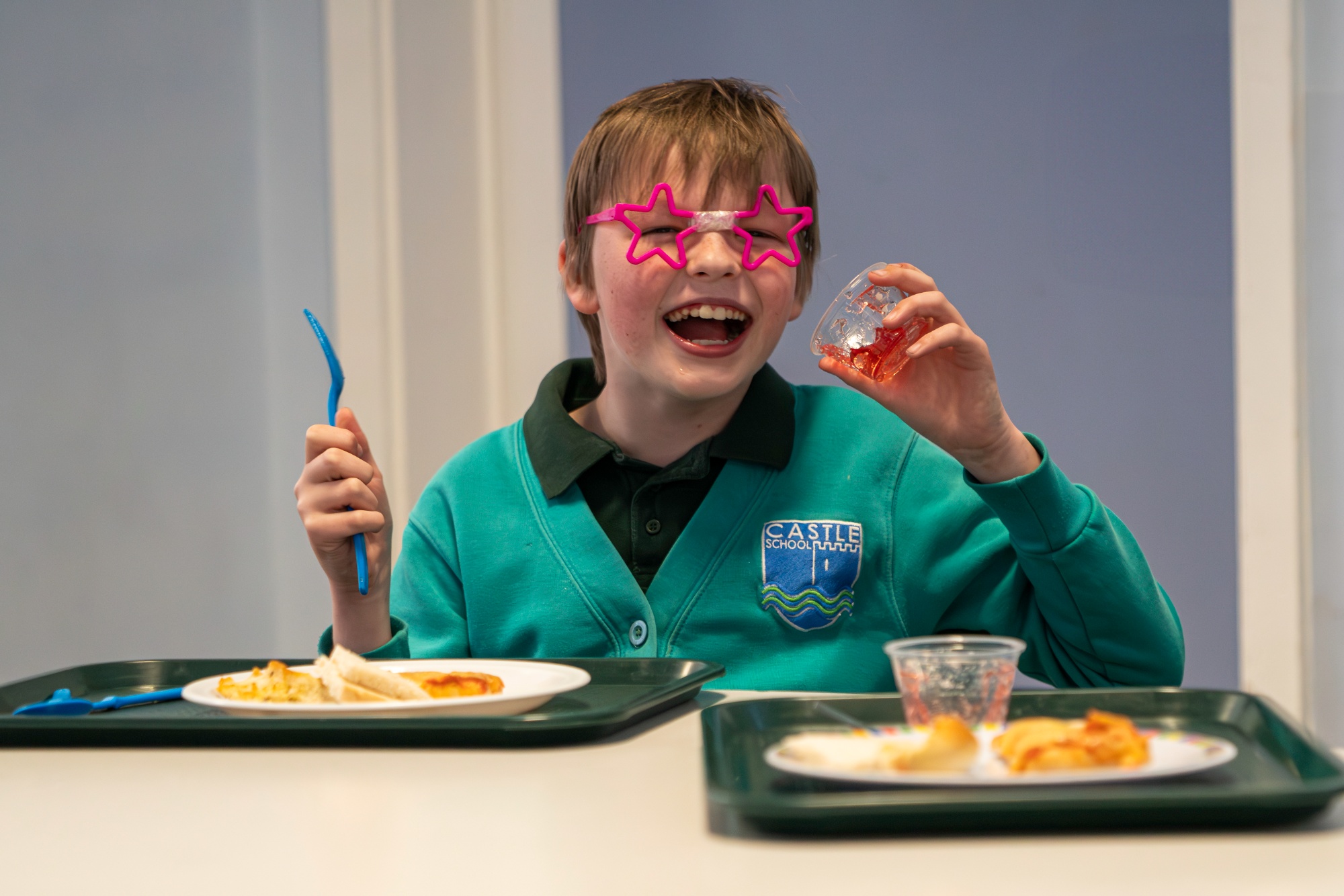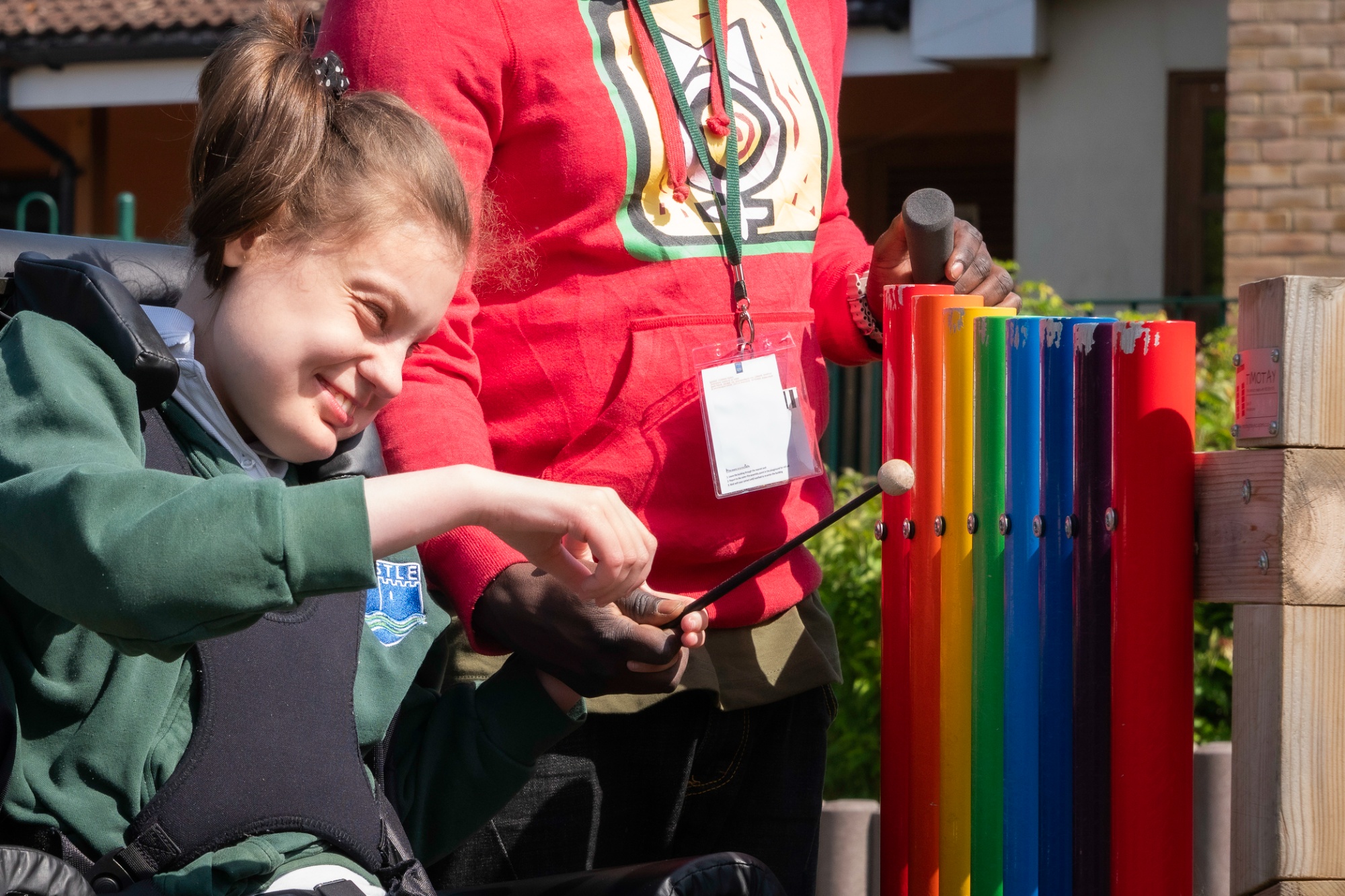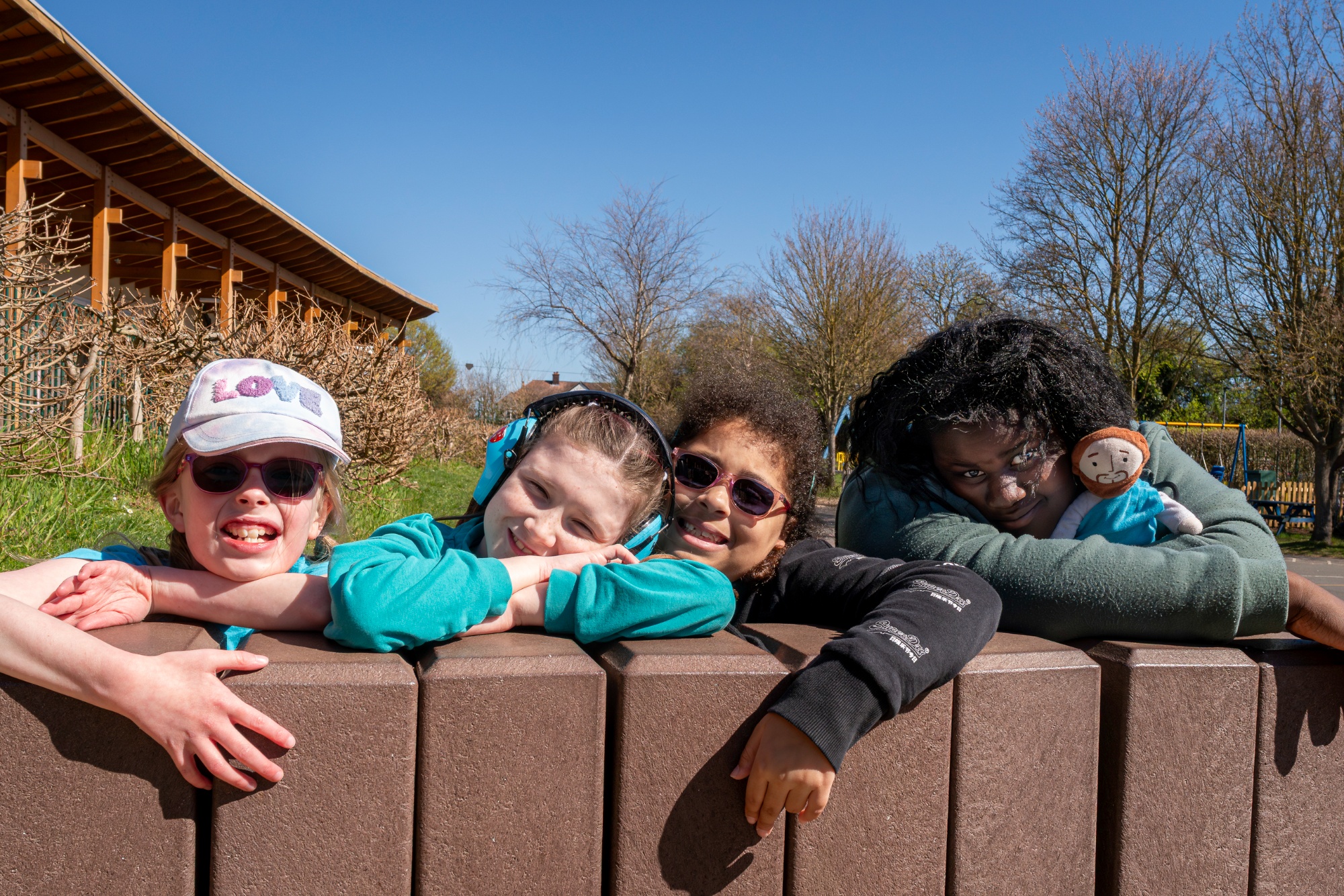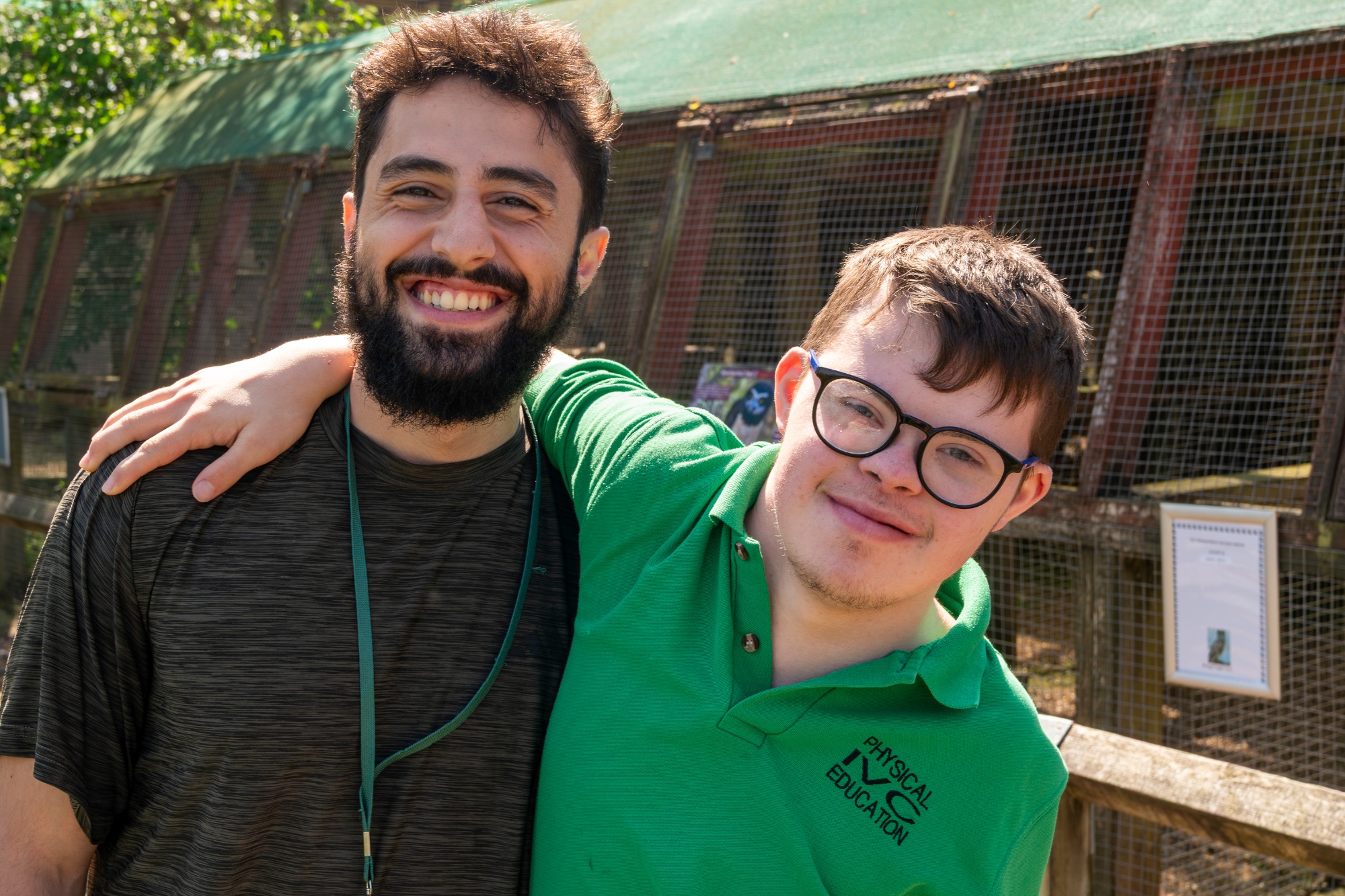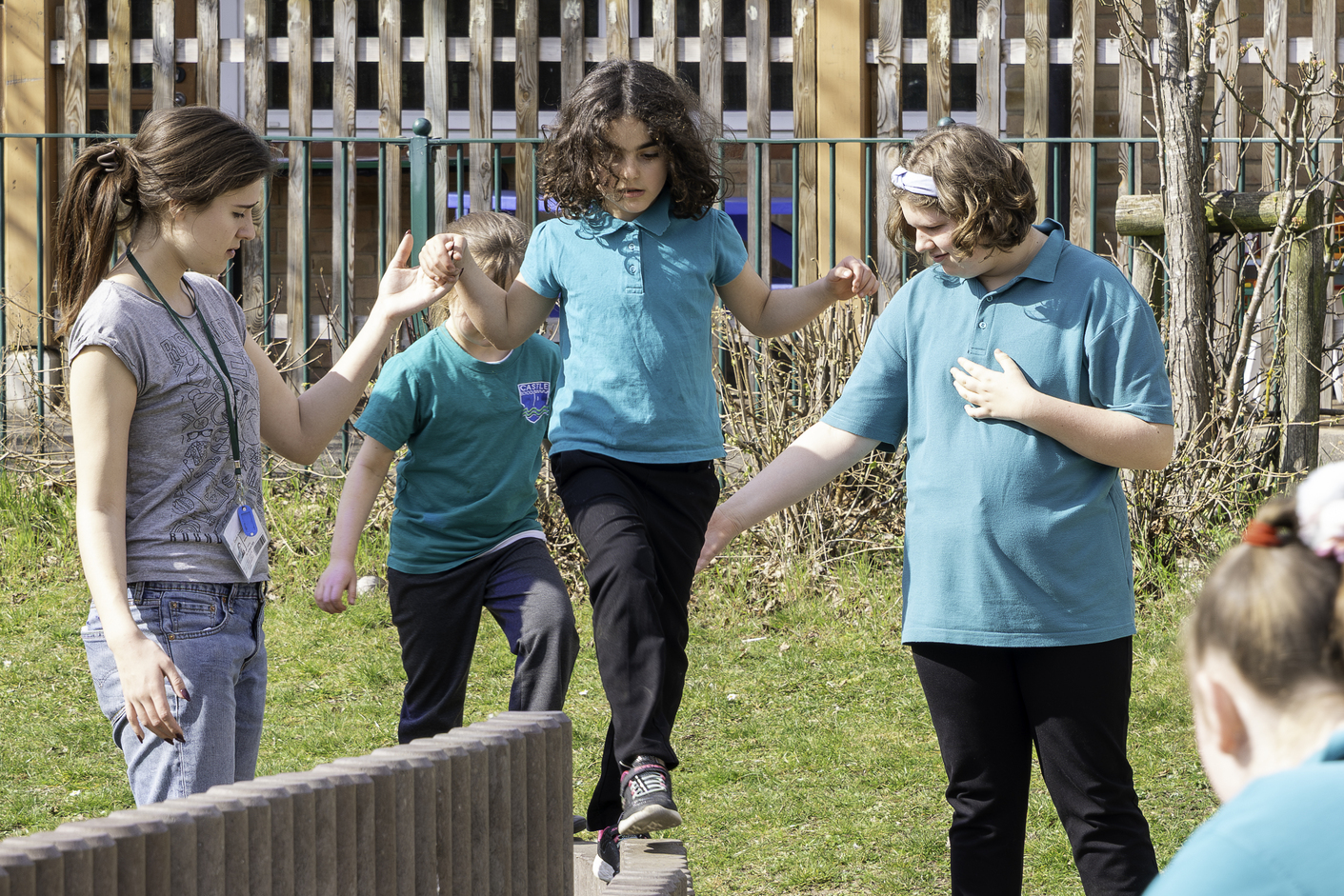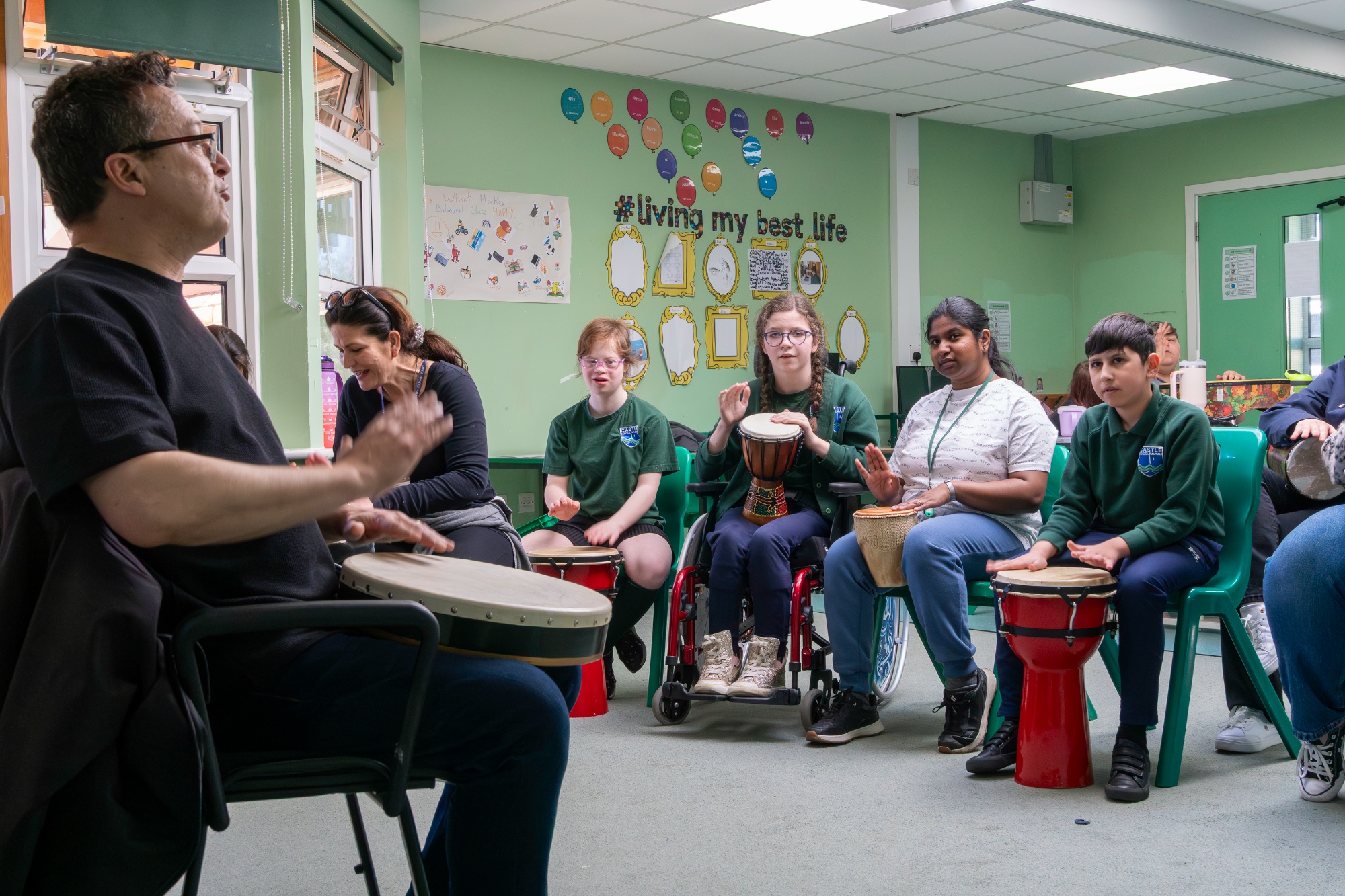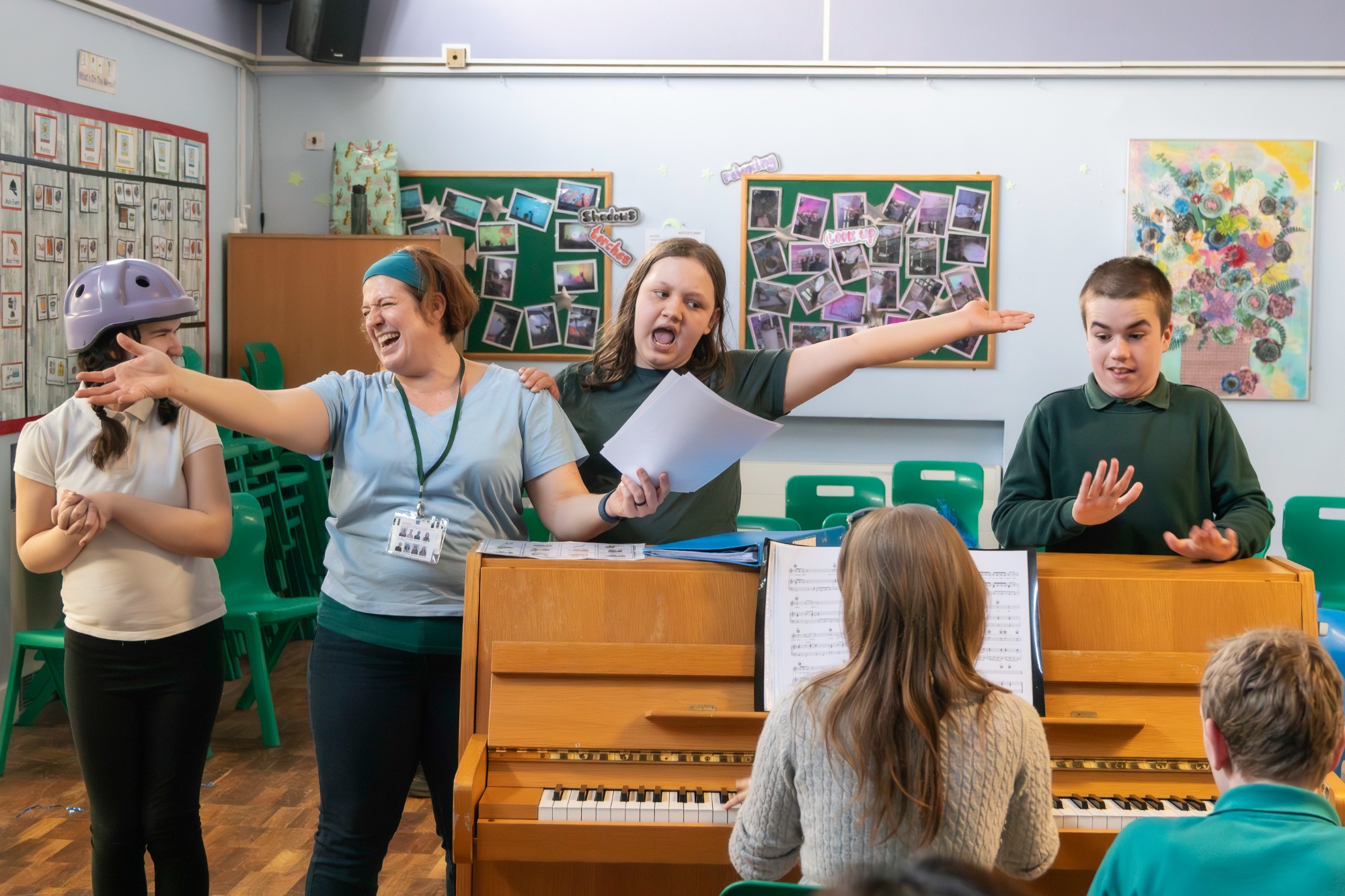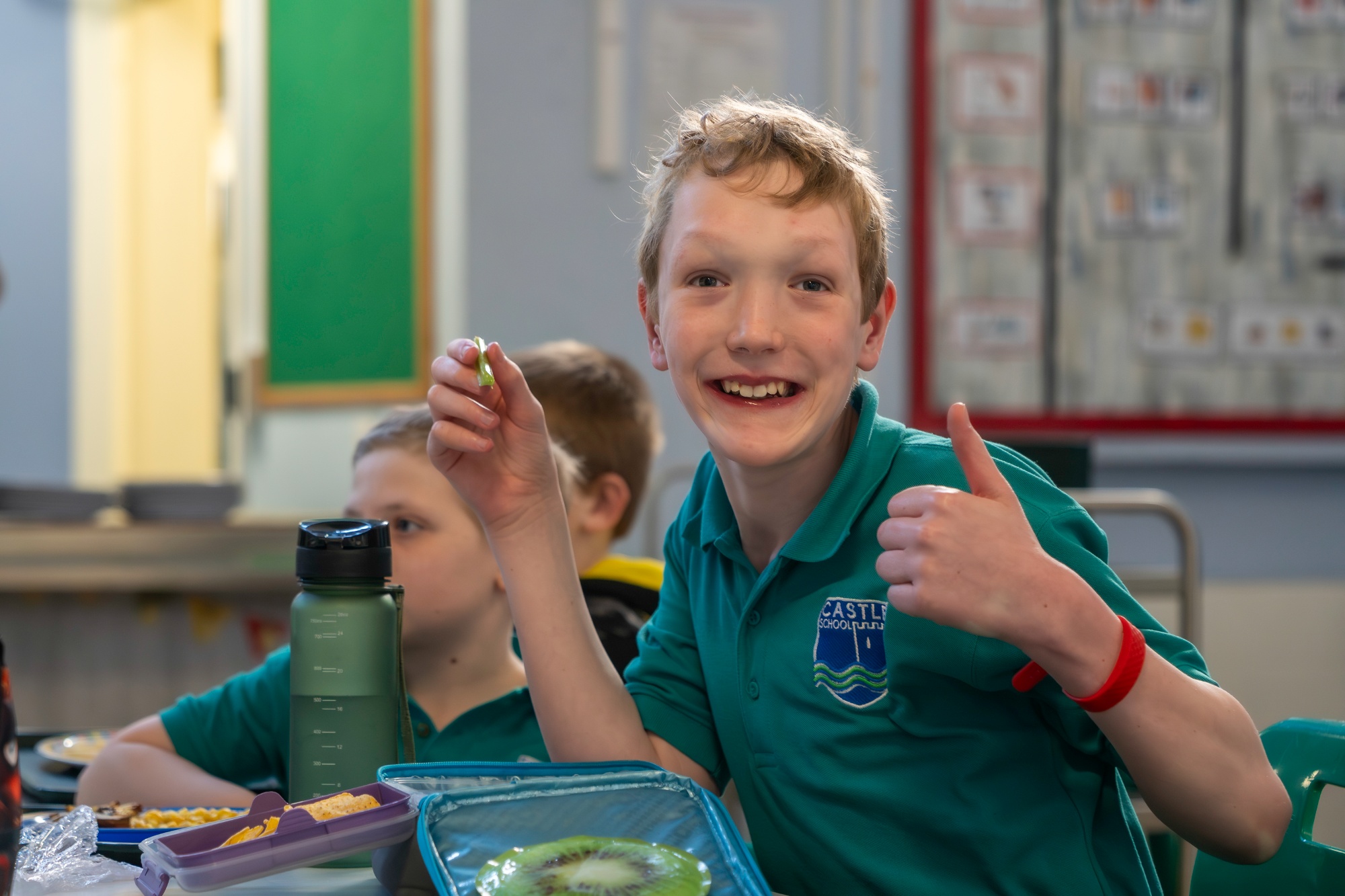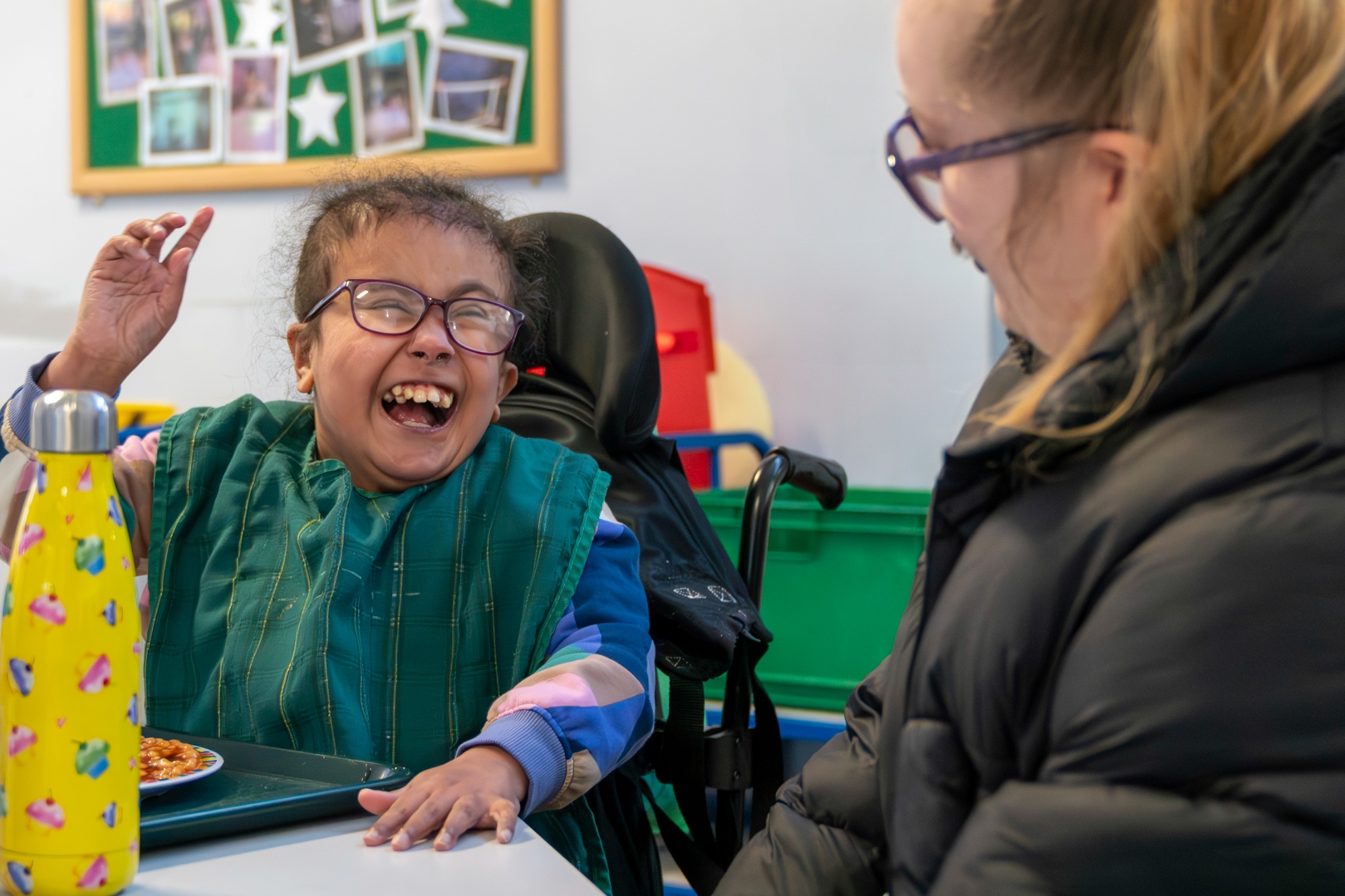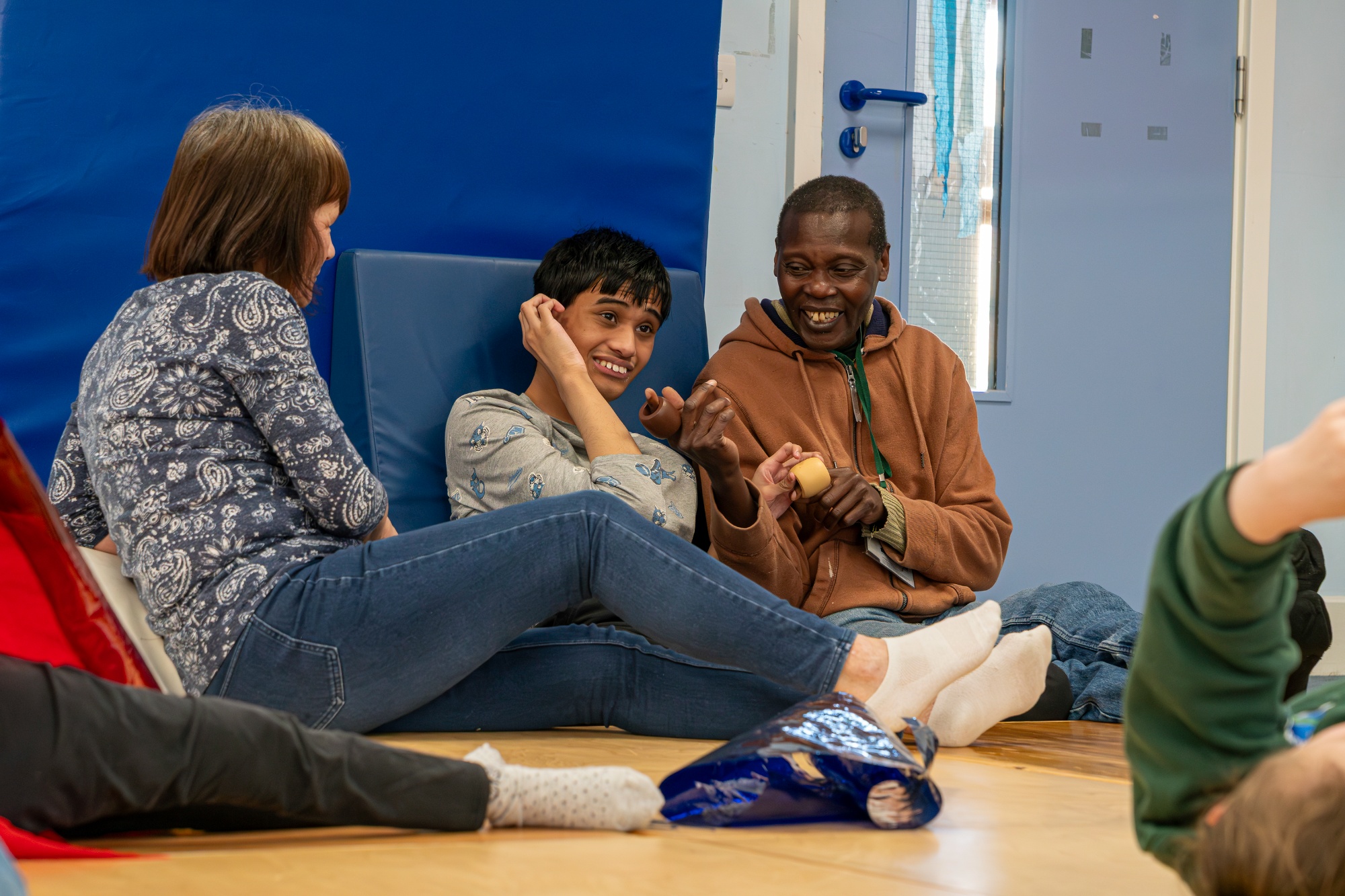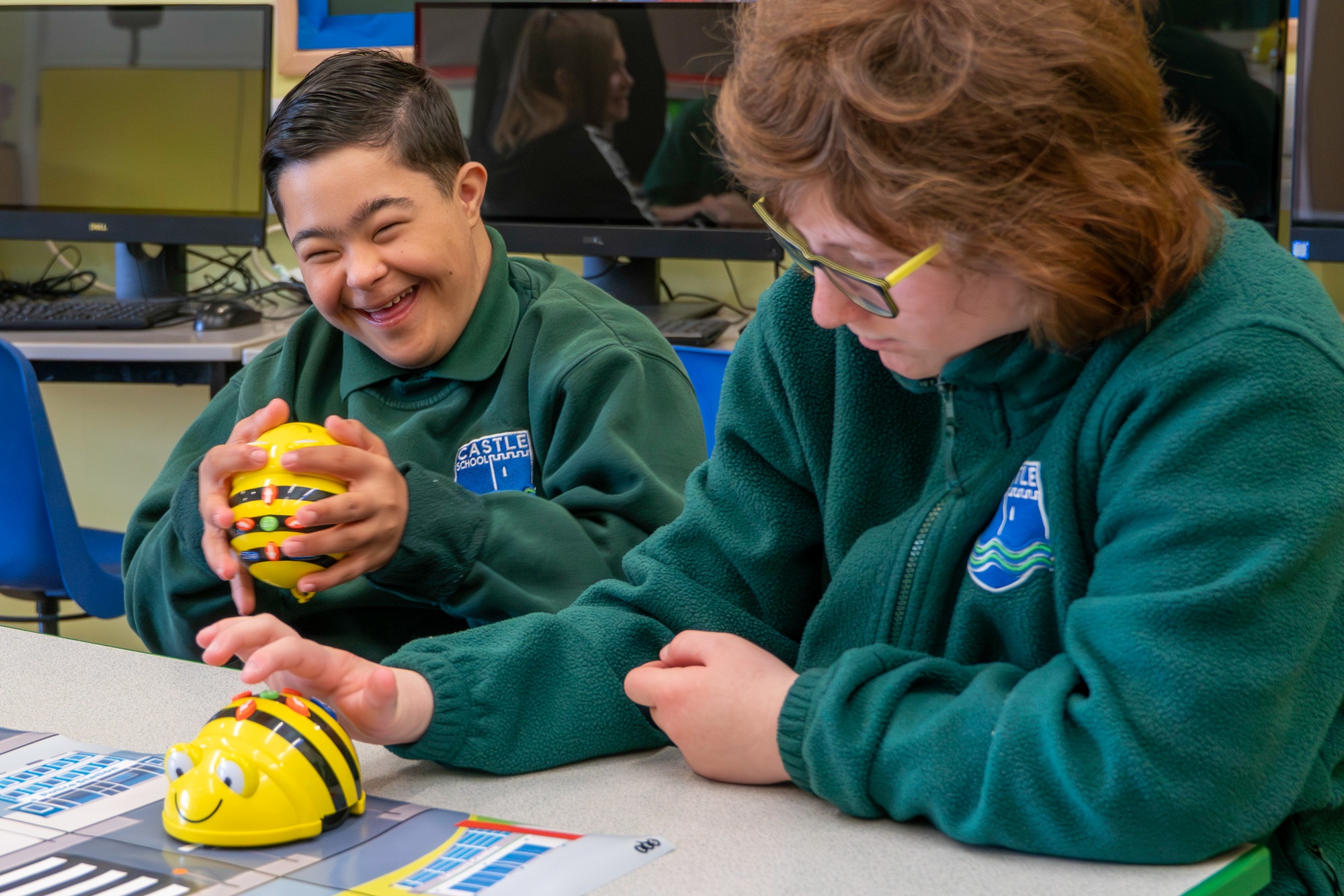Personal Development
Introduction
The personal development of every pupil is central to all we do at Castle School. We try to maximise the potential of every child so that they are as equipped as possible for life during their time with us and beyond.
What is Personal Development?
Personal development is the ongoing process of improving oneself by enhancing skills, knowledge, and attributes to reach one's full potential and improve overall well-being. It has many different aspects, including:
-
Physical skills.
-
Thinking and problem-solving skills.
-
Communication skills.
-
Emotional and mental health and wellbeing.
-
Life skills.
-
Social skills and play skills.
How do we teach or promote Personal Development?
Our curriculum is designed to extend far beyond the academic and offers many varied opportunities for every child to thrive. It allows pupils to develop their interests and strengths. Virtually every minute of every day provides opportunities for pupils to develop their interests, skills, and character and build confidence and resilience.
We use a variety of ways of teaching and promoting personal development:
-
In early years and in some pathways, we promote personal development through engagement in play, guided activities and interventions.
-
For all pupils, we try to provide as many extracurricular activities, such as community visits, visitors into school, residential activities, sporting, art and musical events and so on. We also encourage other activities such as Sports Leaders, lunchtime clubs and wellbeing groups.
-
For more formal pupils and some semi-formal pupils, we provide explicit and targeted lessons. These include Personal, Social and Health Education, but personal development is also promoted in many other lessons, such as physical development in PE, health education in science, or money management in maths, as well as many others. We provide a wide and engaging curriculum.
-
Through bespoke sessions with visiting or in-house therapists.
-
Through whole-school events such as Sports Days, concerts and special events.
-
Through a structured programme of assemblies and celebrations where British values are promoted and celebrated.
-
For older, more formal pupils, increasing access to experiences in the wider community through work experiences, college placements and so on. Pupils are given extensive career/progression guidance.
-
Our positive school ethos means that staff know their pupils very well, and pupils who show that they are struggling through their behaviour or in any other way are given positive and structured support.
Tailoring Personal Development Programmes Per Pupil
The Importance of Partnership
We recognise that each pupil will have a unique set of needs and will need different targets and provision on top of their more general needs. We also recognise that we need to listen to parent and pupil voices in deciding what are the priorities for each pupil’s development. The annual review process, where the Education, Health and Care Plan is reviewed, and parents’ evenings are the most formal opportunity for parents to express their hopes and expectations for their child, but we welcome dialogue with parents throughout the year. For pupils, we pay attention to their voice not just through structured methods such as School Council and Pupil Survey, but on an informal level too.

